 Professor of Anthropology Julia King took part in the pilot episode of “Tribal Truths,” a new podcast series from RadioIQ that aims to debunk myths and legends with facts, teaching about tribal cultures and current issues.
Professor of Anthropology Julia King took part in the pilot episode of “Tribal Truths,” a new podcast series from RadioIQ that aims to debunk myths and legends with facts, teaching about tribal cultures and current issues.
King says in the first episode titled “Ancient cliffs are revealing lost tribal histories” that “there is so much that the land tries to tell us if we just listen to what it has to say.”
Featuring Rappahannock Tribe Chief Anne Richardson and narrated by tribal member Steven Nelson, the episode focuses on Fones Cliffs, a place along the Rappahannock river in eastern Virginia where the Rappahannock Tribe once lived. King and her team of archaeologists, in collaboration with the Virginia Department of Historic Resources, the US Fish and Wildlife Services, and the Federally-recognized Rappahannock Tribe, have been working to trace the history and development of the Rappahannock Tribe in early American history.
“[The archaeologists are] digging for traces of our towns and connecting them to our oral histories. And centuries after the Rappahannock Tribe’s removal from this area, they’re reconstructing our ties to Fones Cliffs, looking for three of our towns once located there. It’s a race against time, development and climate change,” Nelson said on the podcast.
The anthropology department at St. Mary’s College of Maryland first began studying the Rappahannock Tribe’s history in 2016 at the request of the National Park Service’s Chesapeake Bay Office, the Chesapeake Conservancy, and the Rappahannock Tribe. The work was undertaken to provide interpretive support for the Captain John Smith Chesapeake National Historic Trail. Following the NPS-funded project, the Tribe and King and her students have continued their collaboration. The survey of the greater river valley has been funded by the National Endowment for the Humanities, the U.S. Fish and Wildlife Service, and the National Park Service’s Underrepresented Communities Program.
Photo credit: Pamela A. D’Angelo

 Julia King, professor of anthropology and chair of that department at St. Mary’s College of Maryland, has been awarded a prestigious residential fellowship at the Dumbarton Oaks Research Library and Collection in Washington, D.C.
Julia King, professor of anthropology and chair of that department at St. Mary’s College of Maryland, has been awarded a prestigious residential fellowship at the Dumbarton Oaks Research Library and Collection in Washington, D.C. Professor of Anthropology Julia King and adjunct instructor of anthropology Scott Strickland ’08 are featured along with Chief Anne Richardson of the Rappahannock Tribe in the January/February edition of Archaeology Magazine. The article,
Professor of Anthropology Julia King and adjunct instructor of anthropology Scott Strickland ’08 are featured along with Chief Anne Richardson of the Rappahannock Tribe in the January/February edition of Archaeology Magazine. The article,  Professor of Anthropology Julia King, Instructor of Anthropology Scott Strickland and SMCM students Caitlin Hall, Sarah Kifer and Danielle Harris-Burnett are featured in a
Professor of Anthropology Julia King, Instructor of Anthropology Scott Strickland and SMCM students Caitlin Hall, Sarah Kifer and Danielle Harris-Burnett are featured in a 
 The region surrounding the Chesapeake Bay is rich in history. Originally settled by Native American tribes, the area is also home to the United States’ earliest English colonial settlements and the beginnings of American slavery. Since 2001, Julia King and a consortium of researchers have been advancing the archaeological study of the region through digital methods, collections-based research, and more traditional field excavations. Their work has made archaeological data more accessible to researchers and students and yielded new insights into colonial and pre-colonial history. It has also had an impact on Native American tribes who still live in the region.
The region surrounding the Chesapeake Bay is rich in history. Originally settled by Native American tribes, the area is also home to the United States’ earliest English colonial settlements and the beginnings of American slavery. Since 2001, Julia King and a consortium of researchers have been advancing the archaeological study of the region through digital methods, collections-based research, and more traditional field excavations. Their work has made archaeological data more accessible to researchers and students and yielded new insights into colonial and pre-colonial history. It has also had an impact on Native American tribes who still live in the region. St. Mary’s College of Maryland has been awarded a $24,000 Chesapeake Material Cultural Studies Grant from
St. Mary’s College of Maryland has been awarded a $24,000 Chesapeake Material Cultural Studies Grant from  Using drone technology, Luke Quinn ‘20 spent his summer researching a way to more efficiently survey archaeology sites for magnetic anomalies.
Using drone technology, Luke Quinn ‘20 spent his summer researching a way to more efficiently survey archaeology sites for magnetic anomalies.